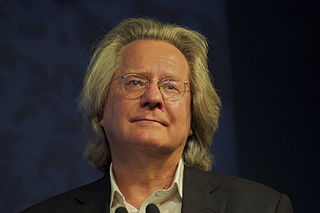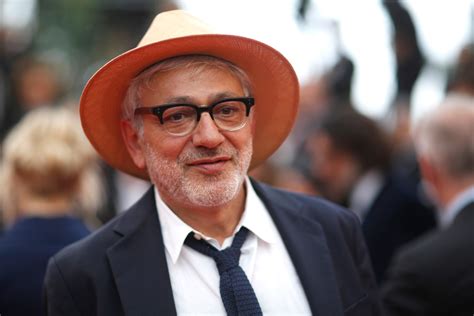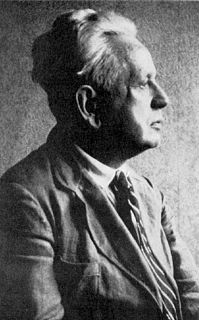A Quote by A.C. Grayling
To read is to fly: it is to soar to a point of vantage which gives a view over wide terrains of history, human variety, ideas, shared experience and the fruits of many inquiries.
Related Quotes
I found that looking at the Israeli/Palestinian conflict from an outside vantage point was actually quite distancing. The history of the conflict, the personalities, the violence, the distrust, and the seeming lack of viable solutions made meaningful involvement feel impossible. What changed that, for me, was changing the vantage point.
To view an object in the proper light we must stand away from it. The study of the classical literatures gives the aloofness which cultivates insight. In learning to live with peoples and civilizations that have long ceased to be alive, we gain a vantage point, acquire an enlargement and elevation of thought, which enable us to study with a more impartial and liberal mind the condition of the society around us.
Perhaps it won't matter, in the end, which country is the sower of the seed of exploration. The importance will be in the growth of the new plant of progress and in the fruits it will bear. These fruits will be a new breed of the human species, a human with new views, new vigor, new resiliency, and a new view of the human purpose. The plant: the tree of human destiny.
I think that the best movies are made, not from a point of view that depends on your personal history, whether it's the color of your skin or the politics that you had or the place that you come from, but from a point of view of an understanding of human nature, an understanding of history, and an understanding of what motivates people.
A novelist can shift view-point if it comes off. ... Indeed, this power to expand and contract perception (of which the shifting view-point is a symptom), this right to intermittent knowledge - I find one of the great advantages of the novel-form ... this intermittence lends in the long run variety and colour to the experiences we receive.
It has been observed that a dwarf standing on the shoulders of a giant will see farther than the giant himself; and the moderns, standing as they do on the vantage ground of former discoveries and uniting all the fruits of the experience of their forefathers, with their own actual observation, may be admitted to enjoy a more enlarged and comprehensive view of things than the ancients themselves.









































